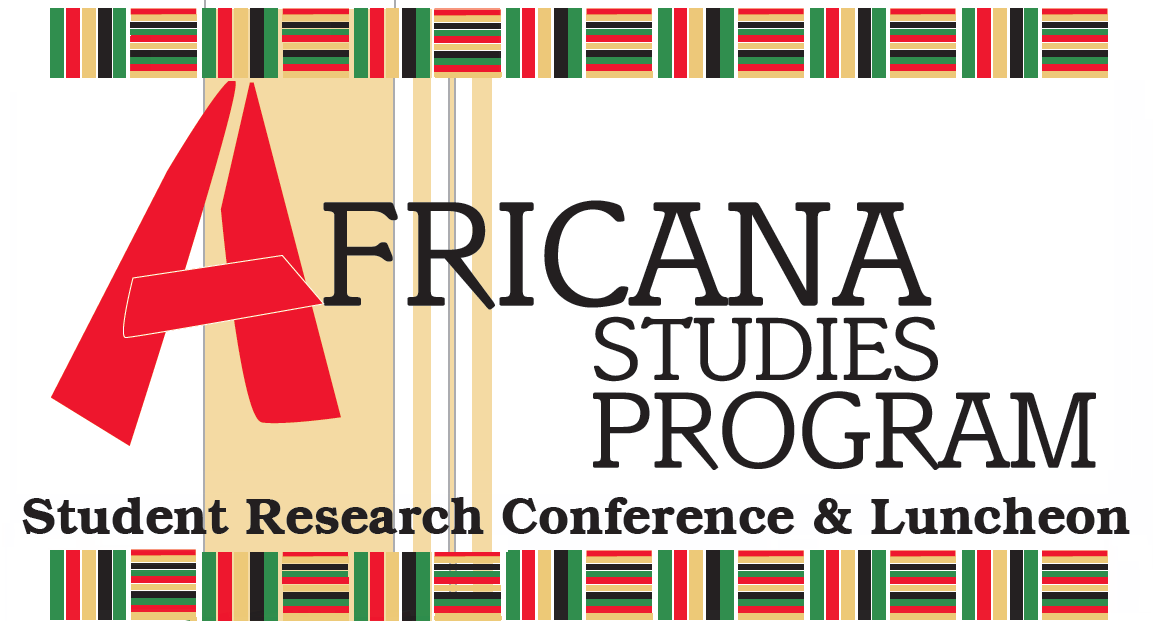Degree Program
Undergraduate
Major
AYA Social Studies
Abstract
This project discusses the Second World War as a catalyst for African political freedom and independence. The war helped build strong African nationalism, which resulted in a common goal for all Africans to fight for their freedom. World War II led to decolonization of Africa by affecting both Europe and Africa militarily, psychologically, politically, and economically. The Second World War was instrumental in arming Africans with the military knowledge and leadership skills they would utilize when fighting for their own independence. One of these skills included the ability to communicate and work together, which had previously been an issue among African peoples. This war changed and shaped the way Africans and Europeans viewed one another. Africans began to develop a genuine hope that freedom was a possibility, while Europeans saw that they were not impenetrable. European countries who had colonized in Africa could not economically afford to resist African nationalist movements. Europe’s economic power in Africa increased during the war, but this power had lasting aftereffects. Rural families struggled and succumbed to poverty. This created social problems which colonial governments were not equipped to deal with. Ultimately, this lead to weakened colonial systems. Heightened political consciousness raised awareness towards other nationalist movements around the world and many political organizations, such as the United Nations were developed after WWII was finished. Worldwide views were changing from colonial to anti-colonial in nature. In retrospect, WWII, as bloody and destructive as it was, was instrumental in helping Africans gain their political freedom and independence.
Start Date
13-2-2015 1:30 PM
End Date
13-2-2015 3:00 PM
Included in
The Impact of the Second World War on the Decolonization of Africa
This project discusses the Second World War as a catalyst for African political freedom and independence. The war helped build strong African nationalism, which resulted in a common goal for all Africans to fight for their freedom. World War II led to decolonization of Africa by affecting both Europe and Africa militarily, psychologically, politically, and economically. The Second World War was instrumental in arming Africans with the military knowledge and leadership skills they would utilize when fighting for their own independence. One of these skills included the ability to communicate and work together, which had previously been an issue among African peoples. This war changed and shaped the way Africans and Europeans viewed one another. Africans began to develop a genuine hope that freedom was a possibility, while Europeans saw that they were not impenetrable. European countries who had colonized in Africa could not economically afford to resist African nationalist movements. Europe’s economic power in Africa increased during the war, but this power had lasting aftereffects. Rural families struggled and succumbed to poverty. This created social problems which colonial governments were not equipped to deal with. Ultimately, this lead to weakened colonial systems. Heightened political consciousness raised awareness towards other nationalist movements around the world and many political organizations, such as the United Nations were developed after WWII was finished. Worldwide views were changing from colonial to anti-colonial in nature. In retrospect, WWII, as bloody and destructive as it was, was instrumental in helping Africans gain their political freedom and independence.


